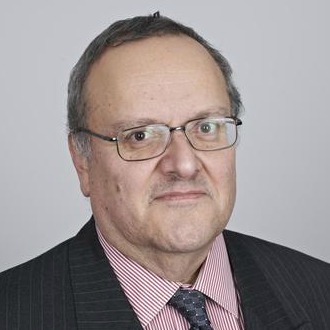Patients to be able to edit GP records ‘far sooner’ than expected

Patients will be able to edit and access their complete medical record ‘far sooner’ than many people expected, vice-chair of the National Association of Primary Care Dr Charles Alessi has said.
Dr Alessi told an audience at the 2014 Best Practice conference in Birmingham that the changes were inevitable, and that they were essential if the NHS is to successfully convince patients to manage more of their own care,
It follow similar comments by NHS England officials earlier this year, but Dr Alessi said that this is likely to happen sooner than expected.
He also claimed that GPs are contributing to a ‘culture of dependency’, albeit for good reasons, that will need to change.
Dr Alessi told the conference: ‘As of next March, we’ll all have access to our medical records. I think we should really be proud of the fact that, as of March, I will now have the right to ask my GP to view my medical record.’
But he added: ‘I won’t be able to know the things I really need to know, which is how to help myself, manage myself.
‘I think we’ve got a way to go to deliver access to medical records, but that’s going to happen far sooner than we realise… because the only way we’re going to get people more involved in delivering their own healthcare is by giving people permission not only to access their record but actually to write in their own record.’
Related stories
Patients to be allowed to ‘enhance and update’ GP records
GPs to provide online access to coded information in patient record
He said there would need to be audit trails to prevent people from inappropriately changing their records, but he added: ‘The whole basis of the relationship is going to change.’
Dr Alessi also argued that, as part of the personalisation of care, GPs should expect more metrics on things like patient wellness to be introduced by local authorities to ‘hold healthcare to account’.
But he added this would also require patients to take responsibility for their own health, and said GPs had been contributing to a ‘culture of dependency’ by telling patients to return if they were worried about their symptoms.
Dr Alessi said: ‘We always say to somebody with a fever, or a minor complaint, “if you’re worried, come back”.
‘We almost have developed a culture of dependency, for good reasons, not missing important conditions like meningitis and developing conditions.’
In April this year, Beverly Bryant, NHS England director of strategic systems and technology, said patients being able to add to GP records was a ‘basic building block’ of what they were trying to achieve.
Pulse July survey
Take our July 2025 survey to potentially win £1.000 worth of tokens











